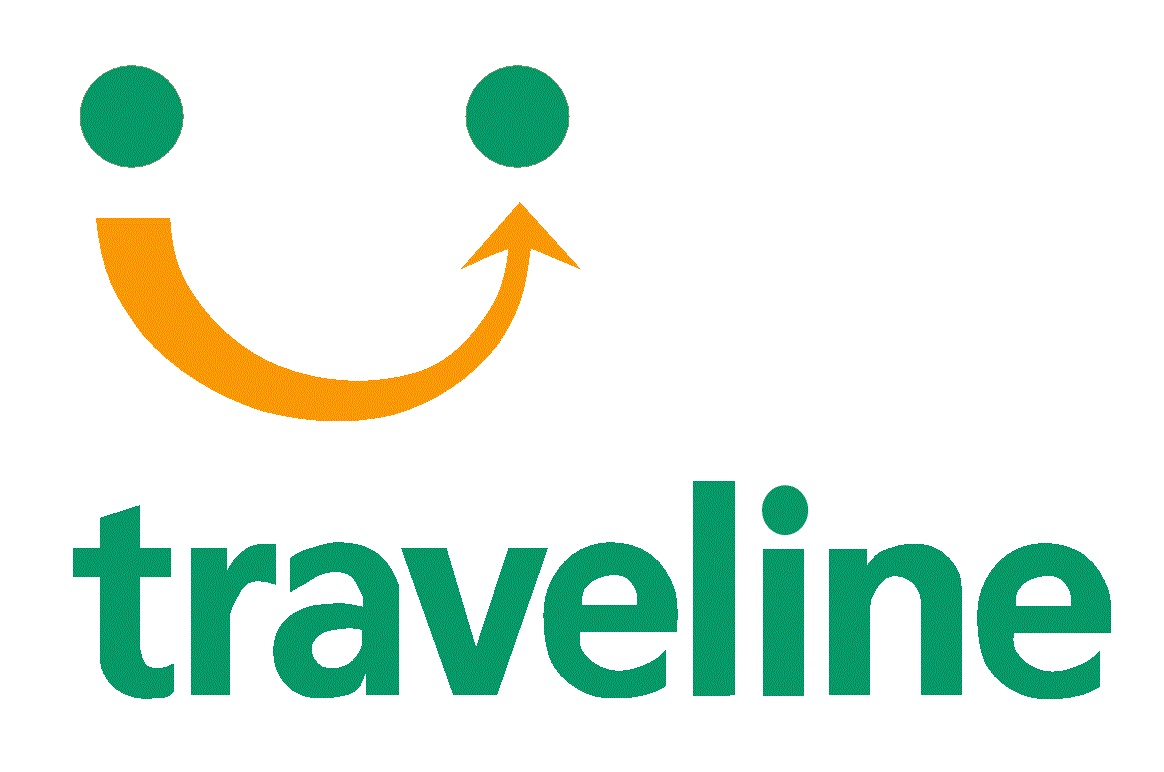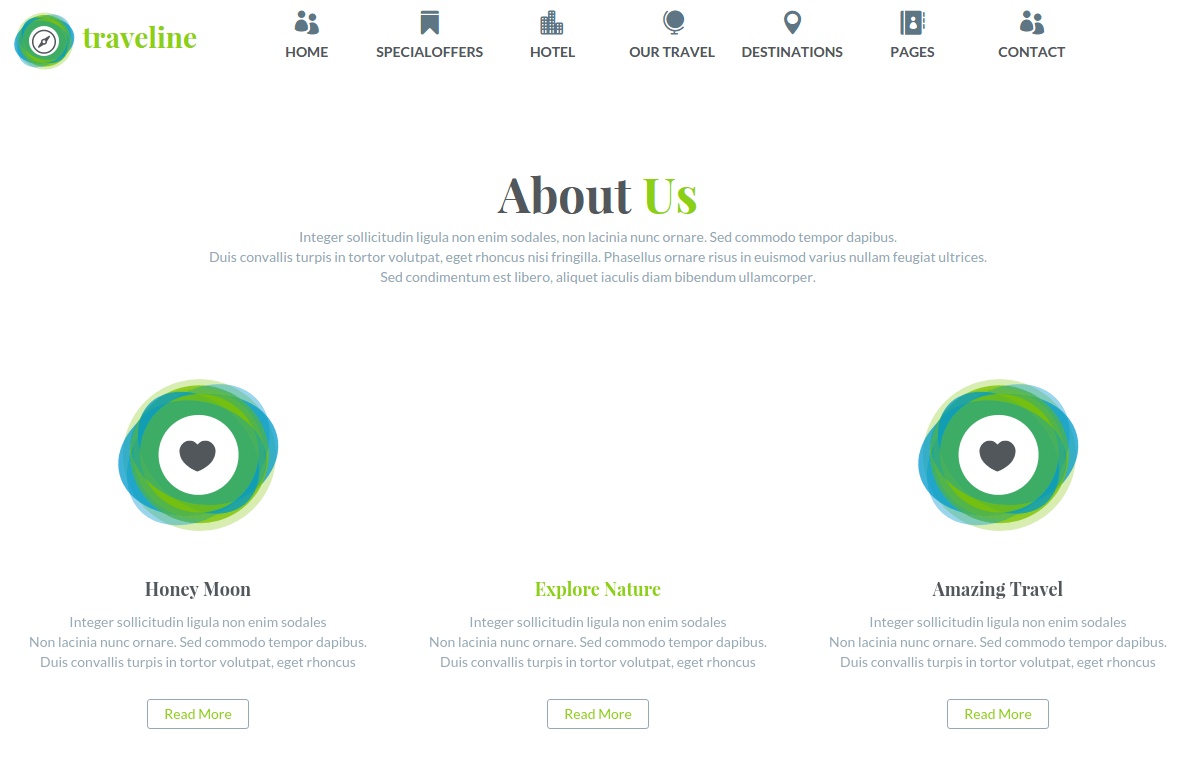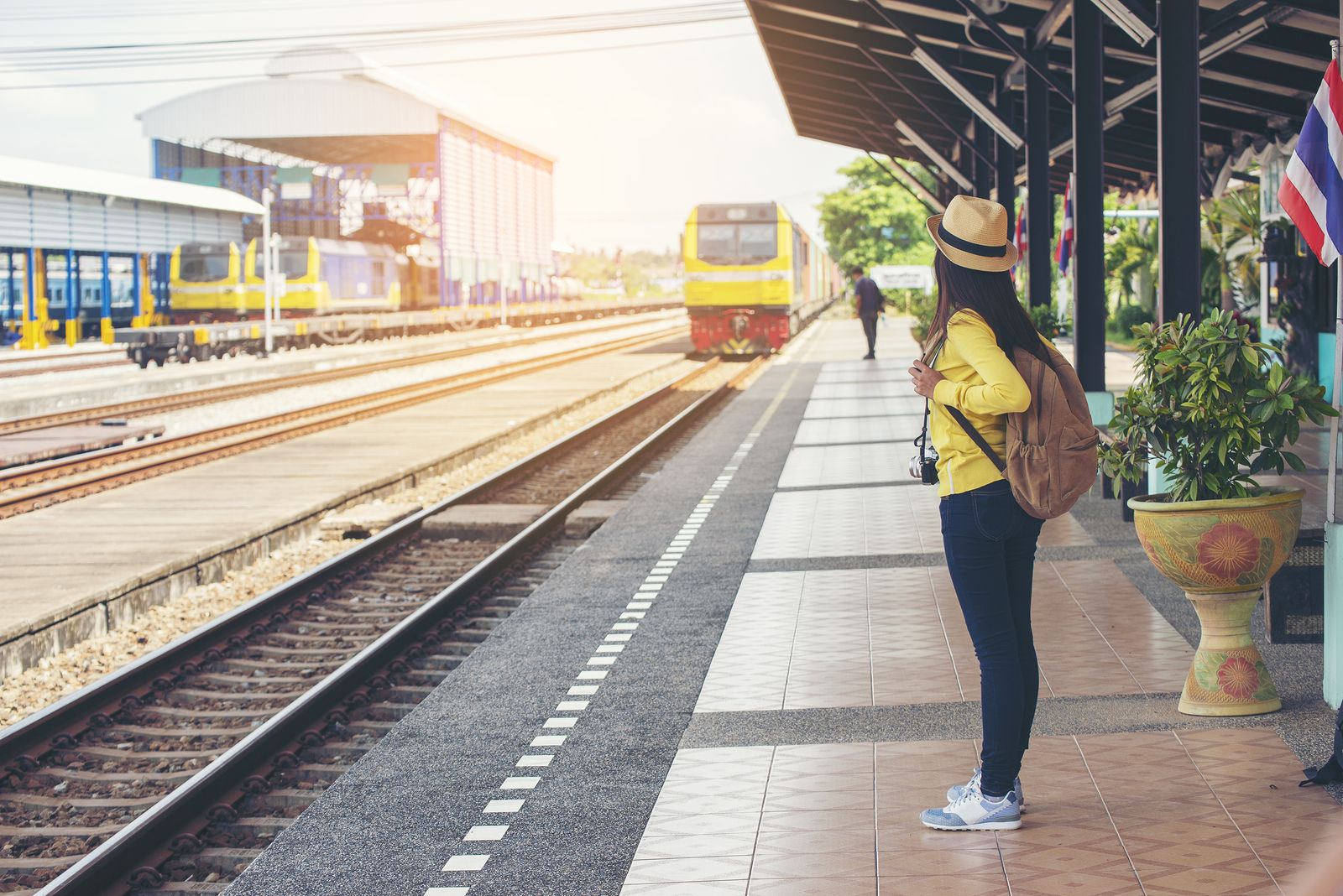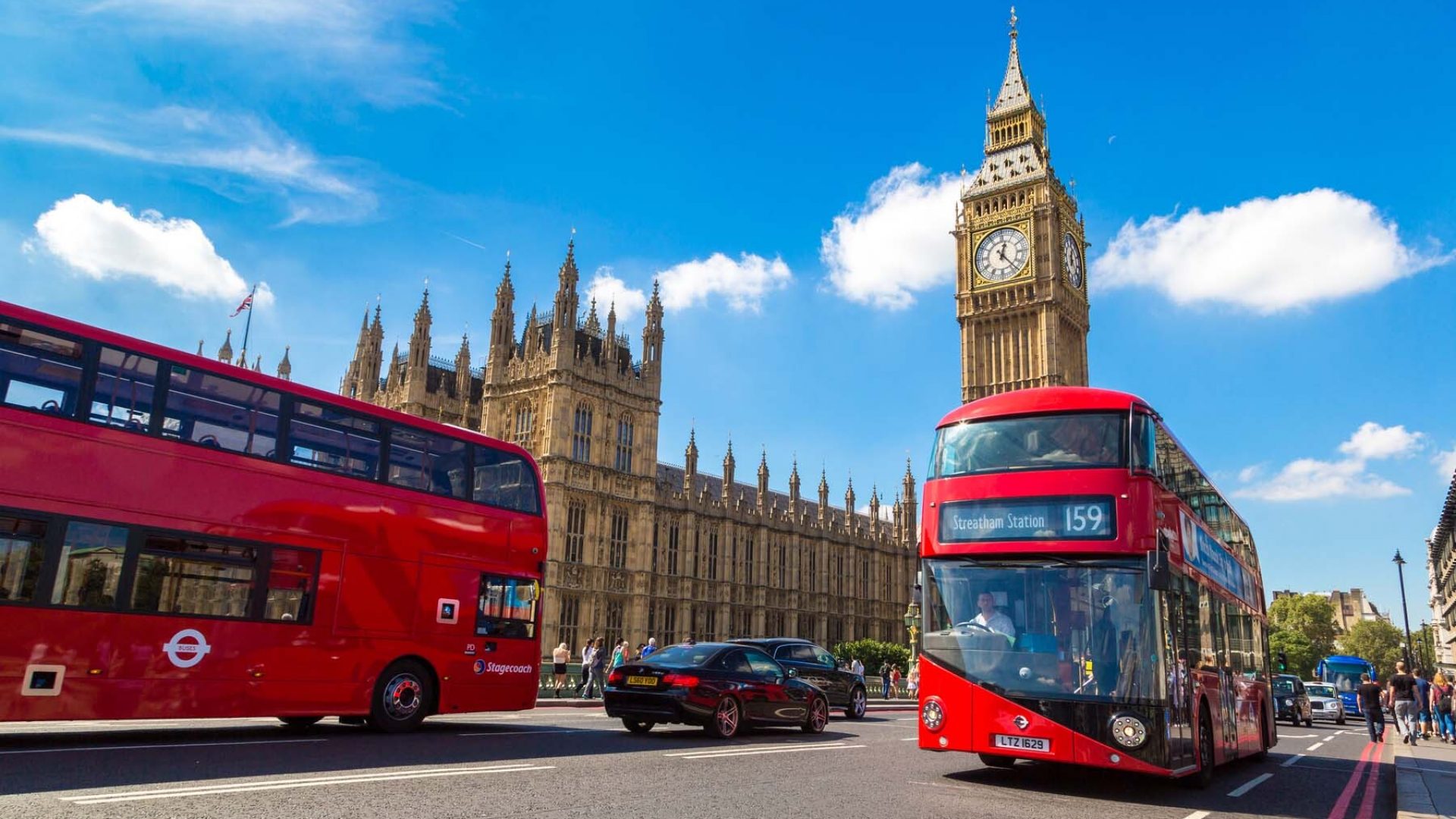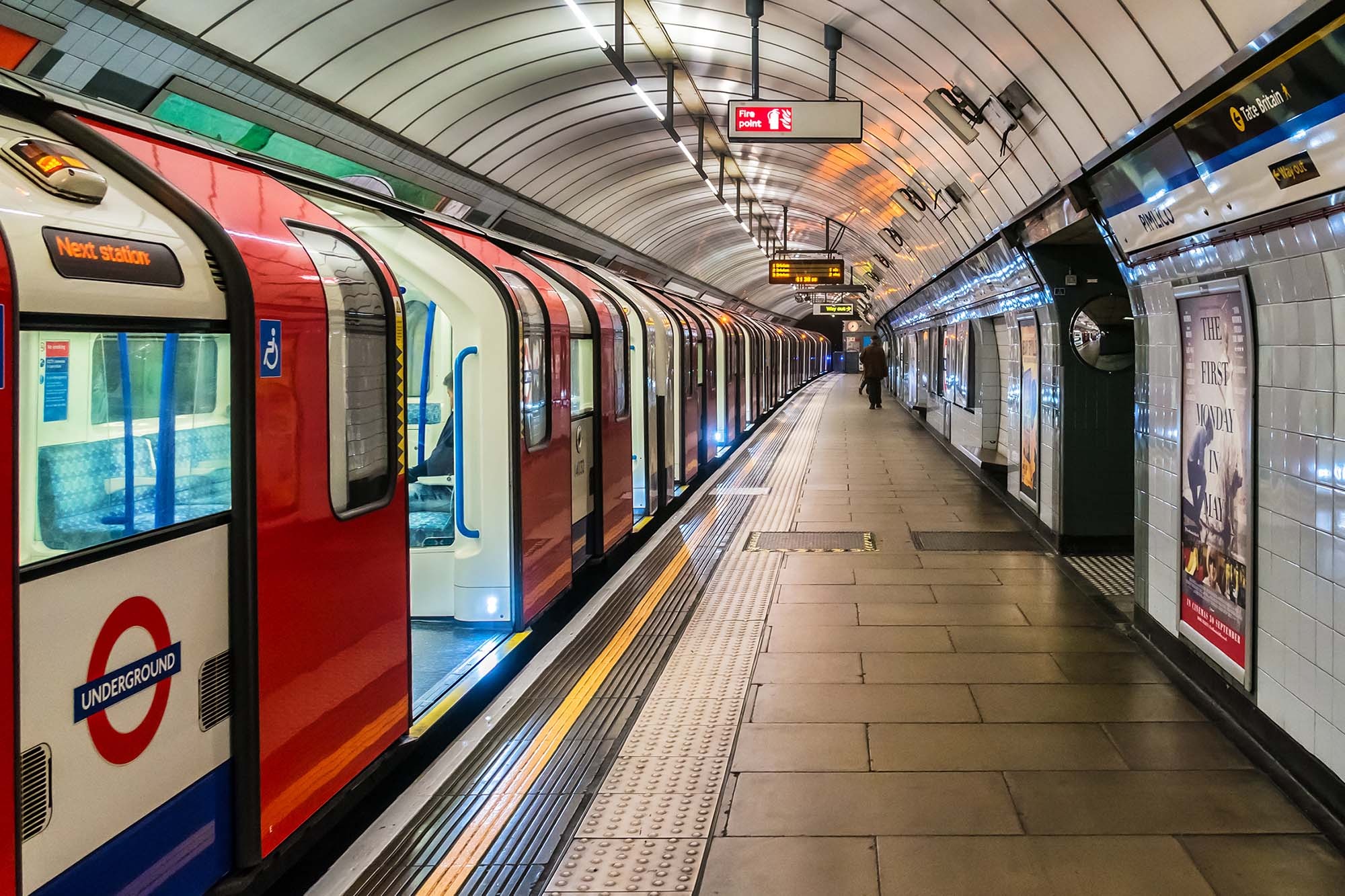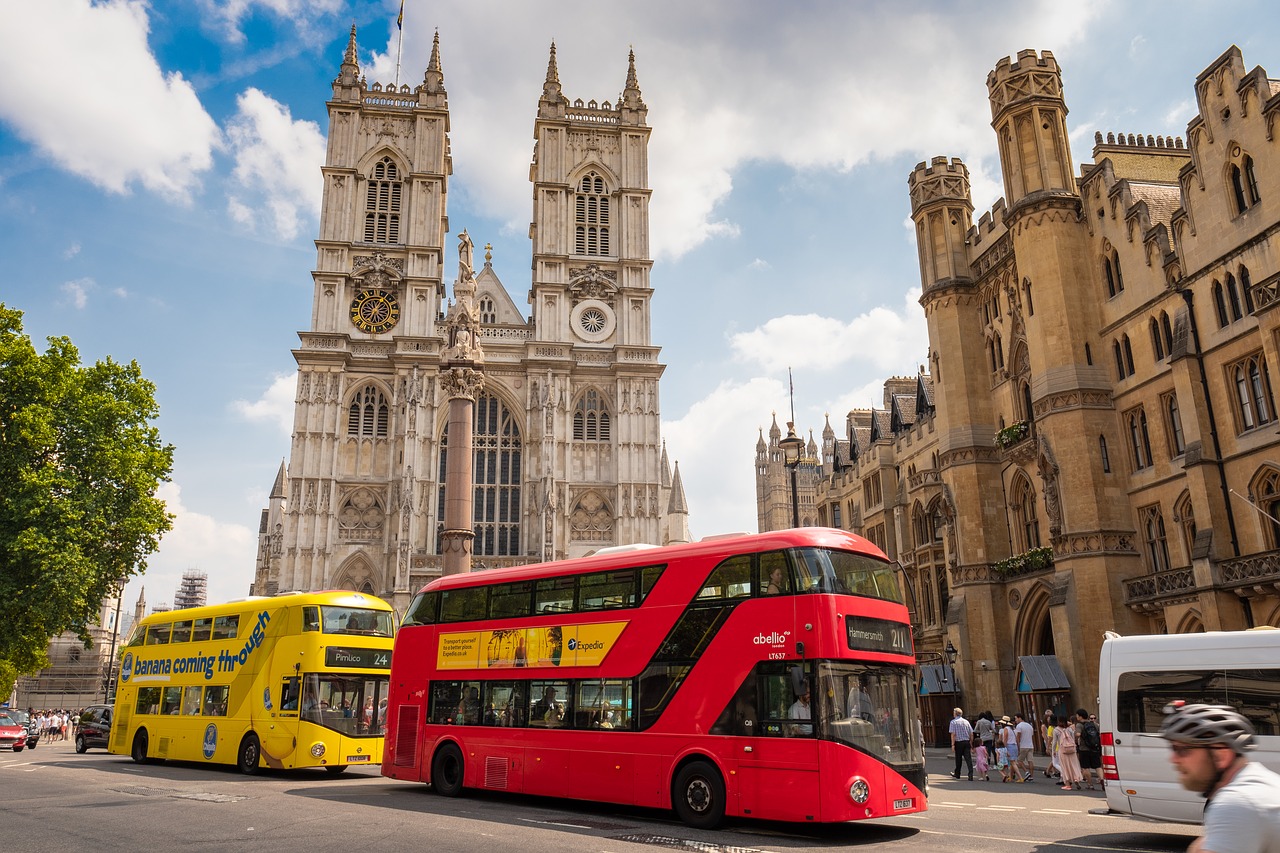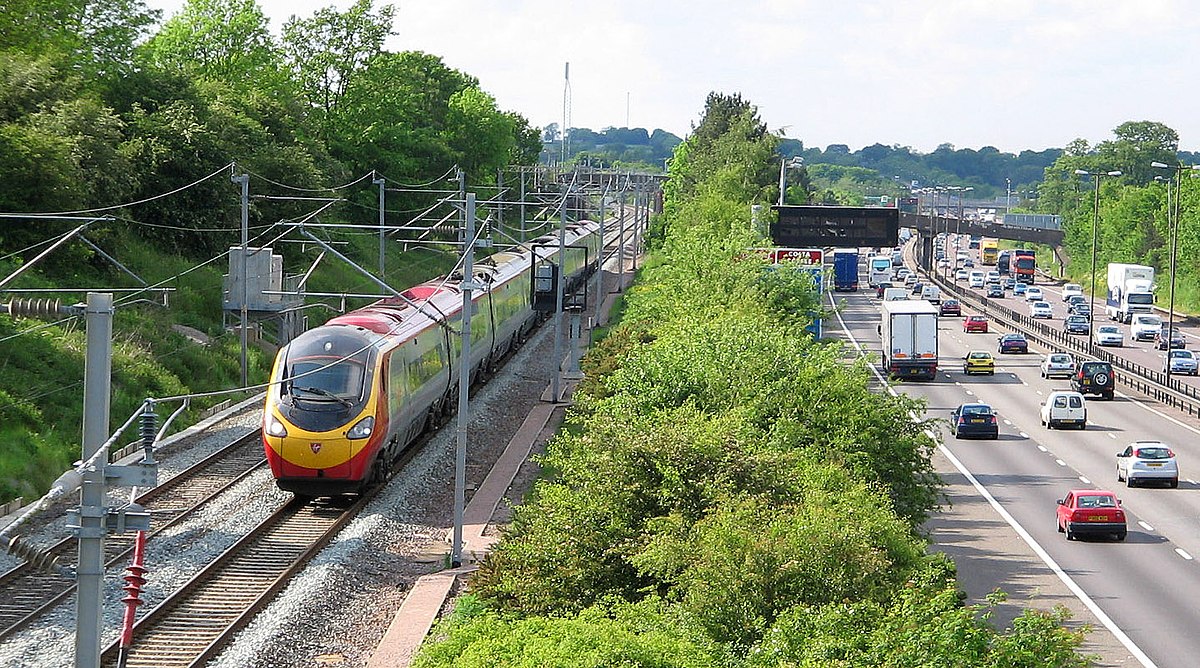From Servilegal Abogados we analyze the new bill to prohibit pimping in all its forms, as well as whether the “only yes is yes” law affects the sector, and when it will be applied.
The first thing is to clarify the legislative process so that the citizen understands what we are talking about, because once a Bill is drafted, as in this case, it is sent to Congress, where it is debated and either the proposal is approved or amendments are presented. We are currently in this phase, having presented seven days ago an amendment to the totality of the Law by the CUP in the last week.
After the possible amendments that are registered, a vote must be taken, which has not yet been reached, and this will result in the approval or rejection of the same, as indicated in the above scheme. Finally, and in the event that they are approved, they will be incorporated into the legal text, which must be sent to the Senate for debate and, if appropriate, approval of the new Law.
Once this procedure has been completed, it is interesting to refer to the concept of entry into force of a regulation. This refers to the moment in which a new Law begins to have legal effects. This is linked to the publicity of the legal text in question, which is the moment in which it is considered to enter into force, and therefore, it can begin to be applied. Publicity is an INEXCUSABLE REQUIREMENT, and implies the full publication of the regulation in the Official State Gazette (BOE).
In addition, the entry into force of a regulation is established in the regulation itself, usually in the final provisions, although otherwise, it will enter into force twenty days after its publication in the BOE. This period is known as vacatio legis, and it is the period between the publication of the Law in the Official Gazette and the entry into force of the Law, which in the present case, according to the final provisions of the Proposed Law, will be TWENTY DAYS.
WE ANALYZE THE REFORMS INTRODUCED BY THE LAW
MODIFICATION OF ARTICLE 187 CP
The main novelty is that before, the penal code punished WHOEVER PROFITS FROM EXPLOITING (EVEN WITH CONSENT), which implies a direct action, and now what is punished is whoever PROMOTES, FAVORS OR FACILITATES such activity.
This broadens the criminalized assumptions to many situations (e.g. contact websites, landlords, cleaners…).
Although pimping was already punished until now, the requirements demanded have led, in most cases, to total impunity. The aim of the reform is that the criminal offense should cover a larger percentage of cases.
*Annex to the current and proposed wording of the article of the PC
INTRODUCTION OF ARTICLE 187 BIS
This article is directly intended to penalize the landlord of a property in which such activity is exercised, with prison sentences of 2 to 4 years, in addition to a fine.
Article 187 bis, states:
“Whoever, for PROFIT and IN A HABITUAL MANNER, DESIGNATES A PROPERTY, premises or establishment, open or not to the public, or any other space, TO PROMOTE, FAVOR OR FACILITATE THE PROSTITUTION OF ANOTHER PERSON, even with his consent, shall be punished with a prison sentence of two to four years and a fine of eighteen to twenty-four months, without prejudice to the closure provided for in Article 194 of this Code.
The penalty shall be imposed in its upper half when prostitution is exercised from an act of violence, intimidation, deception or abuse of those described in paragraph 1 of Article 187.”
Through the incorporation of this precept, TERCERÍA LOCATIVA (legal figure that refers to the profit of the person who provides a place where the prostituted person performs the activity), which is considered a specific modality of pimping, is now punished, INCREASING THE PENALTY in comparison with that of section 2 of article 187 due to the “greater disvalue of the described conduct”, as the explanatory statement of the Proposition of Law indicates textually.
This implies that, unlike what happened until now, CRIMINAL LIABILITY will be granted to whoever obtains benefits for renting a property in which sexual services are provided professionally in exchange for money, being able to be any type of property (homes, hotels, bars, etc.), and being punishable regardless of the public or private nature of the same.
INTRODUCTION OF ARTICLE 187 TER
The introduction of the precept in question is totally novel, as it determines the PENALIZATION OF THE CONSUMPTION OF THIS TYPE OF SERVICES (CUSTOMERS OR PUTEROS), thus seeking to discourage the demand, since it can be punished with up to 24 months of imprisonment in a habitual case.
Article 187 ter, states the following:
“The fact of agreeing to perform acts of a sexual nature in exchange for money or any other type of economic benefit, shall be punished with a fine of twelve to twenty-four months.
In the event that the person who provides the act of a sexual nature is a MINOR or a person in a situation of vulnerability, shall be punished with imprisonment of one to three years and a fine of twenty-four to forty-eight months.
In no case shall the person who is in a situation of prostitution be punished”.
MODIFICATION OF ARTICLE 189 TER
Article 189 ter, which until now punished the intervention of legal persons in the promotion of this kind of activities, now extends the penalties provided for, incorporating the dissolution of the legal person in question:
“When in accordance with the provisions of Article 31 bis a legal person is responsible for the crimes included in this chapter, the following penalties shall be imposed:
(a) Fine of three times to five times the profit obtained, if the offense committed by the natural person is punishable by imprisonment for more than five years.
b) A fine of two to four times the profit obtained, if the crime committed by the natural person is punishable by a prison sentence of more than two years not included in the preceding paragraph.
c) Fine of double to triple the profit obtained, in all other cases.
d) Dissolution of the legal person, in accordance with the provisions of Article 33.7.b) of this Code, being able to decree, in accordance with the rules set forth in Article 66 bis, the other penalties provided therein that are compatible with the dissolution.”
CONCLUSIONS
In view of the foregoing, this office considers that the most important points to highlight from the present analysis of the Proposed Organic Law to amend the Penal Code and prohibit pimping in all its forms are the following:
First of all, we must emphasize that the Proposition of Law is right now nothing more than, as its name indicates, a PROPOSITION. Therefore, THE TEXT IS NOT IN FORCE TODAY, it is currently in the process of amendments (several parties have stated that they see it as too burdensome), which will lead to the final text, which will be sent to the Senate, then in case of final approval will be published in the BOE, and it will not be until 20 days later that the rule is in force.
By way of example, the CUP proposes to distinguish between forced sex work on Kinesiologas Lima at SimpleEscorts.com, and voluntary and autonomous sex work, which is performed with the consent of the worker without coercion or dependence.
Note that nothing to do with this has the already famous Law of “only yes is yes”, which comes into force on October 7, 2022, and in which will be considered sexual aggression all those behaviors that violate sexual freedom without the consent of the other person (forcing it to be an affirmative consent, ie to prove it, being considered aggression otherwise).
If the current wording proposed by the PSOE is finally approved, the regulation would be much more restrictive, putting an end to the sector, with a much more generalized scope, since the simple fact of facilitating the service (landlord, cleaner…) or being a consumer of sexual services (client or whoremonger) would already fall within the criminal type.
Of special importance is the incorporation into the criminal legislation of LOCATIVE TERCERIES. This figure, which was eliminated from the Penal Code in 1995, if reintroduced would inevitably imply the conviction of those OWNERS OF PROPERTY, public or private, WHERE THE EXERCISE OF PROSTITUTION IS ENCOURAGED.
This article is an approach and analysis of the new Organic Law Proposition to modify the Penal Code and prohibit pimping in all its forms (Official Gazette of the Spanish Parliament of 27/05/2022: Organic Law Proposition to modify the Organic Law 10/1995, of November 23, 1995, of the Penal Code, to prohibit pimping in all its forms).
About the author: Ignacio Palomar Ruiz, lawyer Director Servilegal Abogados





